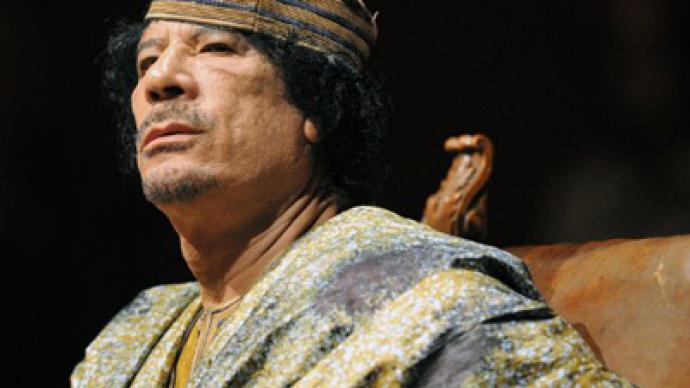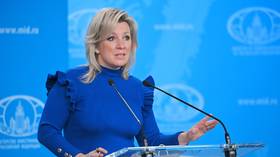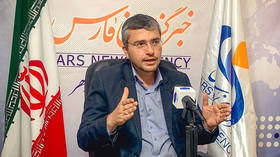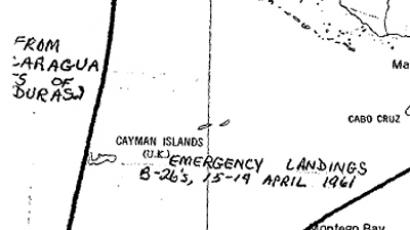CIA's cozy ties with Gaddafi regime revealed

Files discovered in a Libyan government office show that the CIA enjoyed a very close relationship with Libyan intelligence services during Muammar Gaddafi's rule. Other documents indicate that British intelligence also played a role.
A set of documents dating from 2002 to 2007 uncover the extent of co-operation between Moussa Koussa, Libya's then intelligence chief, and the CIA’s top operatives, including its ex-Deputy Director Stephen Kappes.The files show that Libya repeatedly received detainees who the CIA suspected of having terror links. Together with the captives, Libya received instructions on how to conduct successful interrogations, including what to ask and how to ask it without breaching human rights, the Wall Street Journal reported.In 2004, under the administration of ex-president George W. Bush, the CIA established a permanent presence in Libya. This fact is confirmed by a note addressed to "Dear Musa" and signed "Steve."Stephen Kappes is believed to have been the key player in negotiations that led to Gaddafi’s decision to renounce Libya’s nuclear program that stunned the world in 2003.Some of the documents also indicate the close relationship that some British intelligence officials had with Koussa. British agents reportedly agreed to trace phone calls for Libyan intelligence.The secret files were unearthed at Libya's External Security agency headquarters in Tripoli by the Emergencies Director of Human Rights Watch, Peter Bouckaert, who photographed them and shared a copy with the Wall Street Journal.













